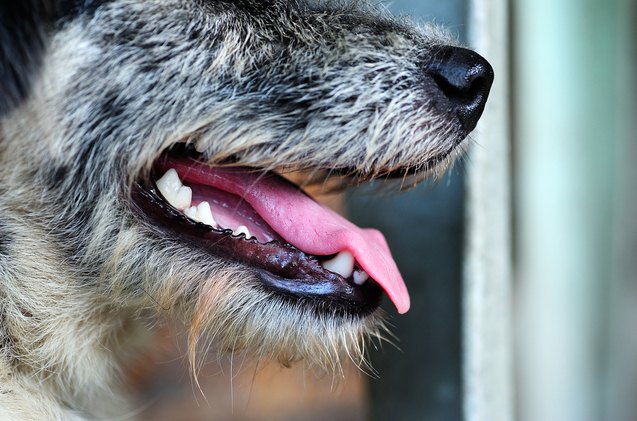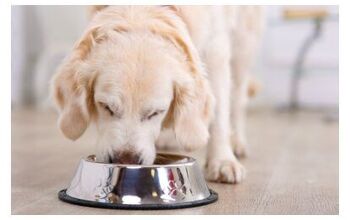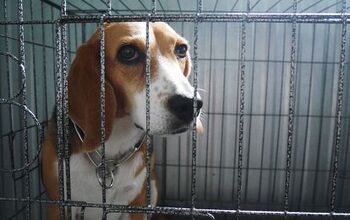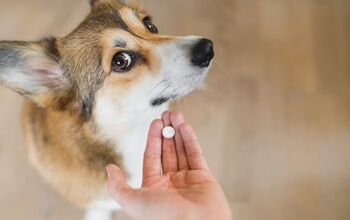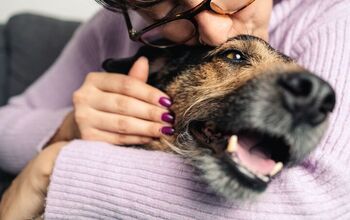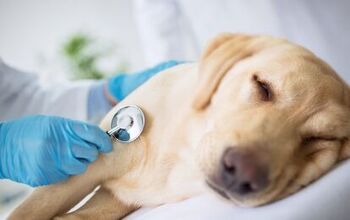Is Your Dog’s Bad Breath Telling You Something About Their Health?

Dogs are known for many amazing things, but their personal hygiene is definitely not on that list. Although it’s hard to decide what could knock you off your feet with more ease–smell of a wet dog or their breath, only one of these things can be an indicator of an actual problem, rather than just an unfortunate fact of nature.
Unusually bad dog breath can be a sign of a health issue or just a result of a nasty habit (e.g., poop munchers), so it’s important to find out what’s the reason behind the foul smell that’s coming out of your pet’s mouth before you treat it.
The first thing you need to rule out when trying to find out the cause of your pet’s offending breath is if they ate something they shouldn’t have. More often than not, foul-smelling breath just means your pooch decided that the contents of your trashcan or the cat’s litterbox were on the menu that day.
In many cases, halitosis in dogs is a sign of a problem that warrants a visit to the vet. Here are the most common ones:
- Periodontal diseases: foul breath can be a result of plaque and bacteria buildup, inflamed gums, or an infected tooth
- Metabolic disease: kidney failure can make a dog’s breath smell like ammonia
- Diabetes: sweet, fruity scent can indicate your dog has diabetes mellitus.
If you suspect that there is something more to your dog’s bad breath, make sure to take your pet to the vet. Not only that an exam will clear any doubts you might have, but it will get your pooch the treatment they need- on time.
I’m going to be honest with you: your dog’s breath is never going to smell like roses. But there are ways to ensure it stays in bearable range. After all, we love them to bits, so what’s a bit of stinkiness?
Regular tooth brushing
Make it a part of their routine- some pooches might not be happy about it, but with a little practice (and bribe), they’ll get used to the toothbrush. For most dogs, brushing once a week will do the trick, but some smaller breeds, like Shih Tzus or Pugs, need their teeth cleaned daily.
Breath-freshening treats
A win-win situation if there ever was one. Your dog gets to nibble on a yummy treat, and you get to enjoy their fresh breath. Make your own or buy some dental chews, the choice is yours!
Probiotics for dogs
If harmful bacteria’s to blame for your dog’s icky breath, probiotics might make a difference. Those beneficial, stink-fighting bacteria will solve the problem in no time!
Even though, by now, you’re probably used to the fact that your dog’s breath is bad (and it doesn’t stop you from enjoying their loving smooches), it’s important to ensure that the stinkiness is not caused by any medical condition. Ruling out health issues and maintaining good hygiene is the only way to be certain that your dog is just a smelly little gremlin- albeit a perfectly healthy one!

A proud mama to seven dogs and ten cats, Angela spends her days writing for her fellow pet parents and pampering her furballs, all of whom are rescues. When she's not gushing over her adorable cats or playing with her dogs, she can be found curled up with a good fantasy book.
More by Angela Vuckovic



